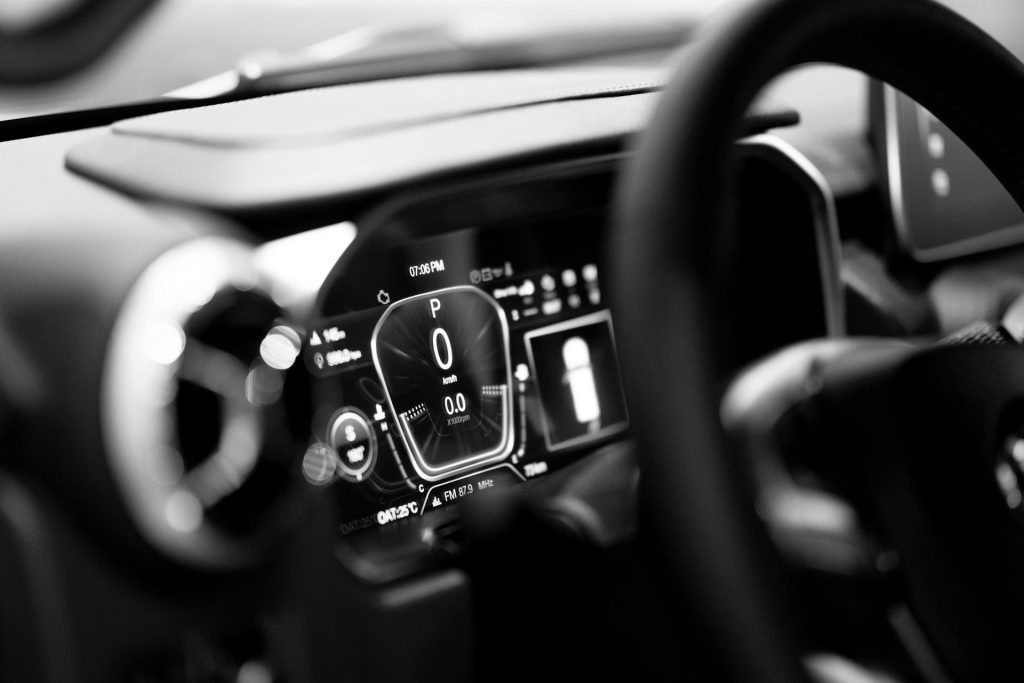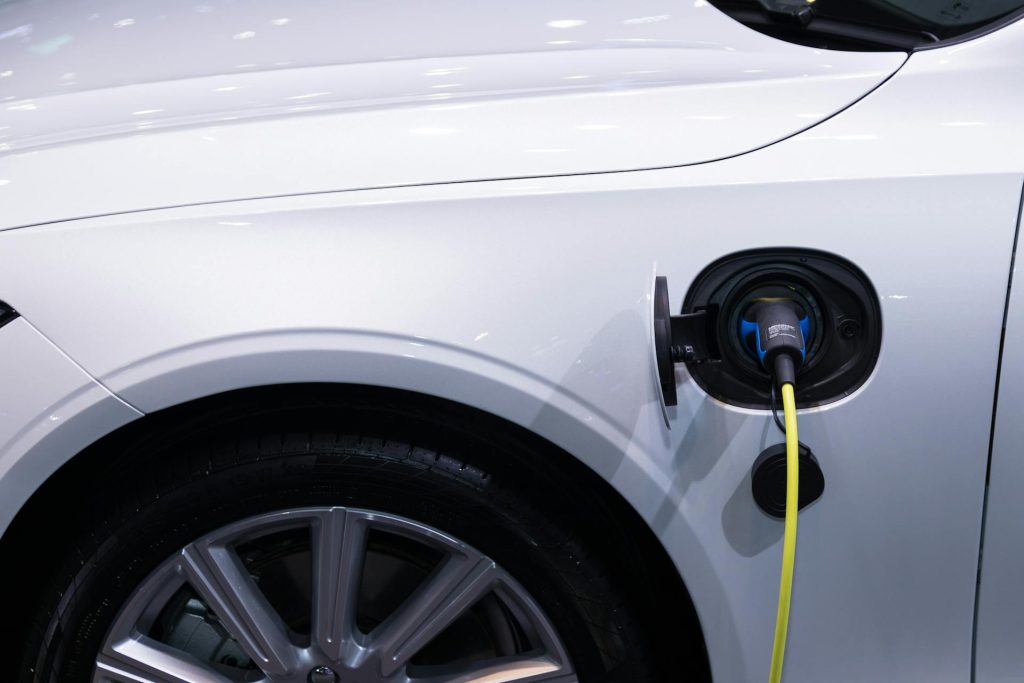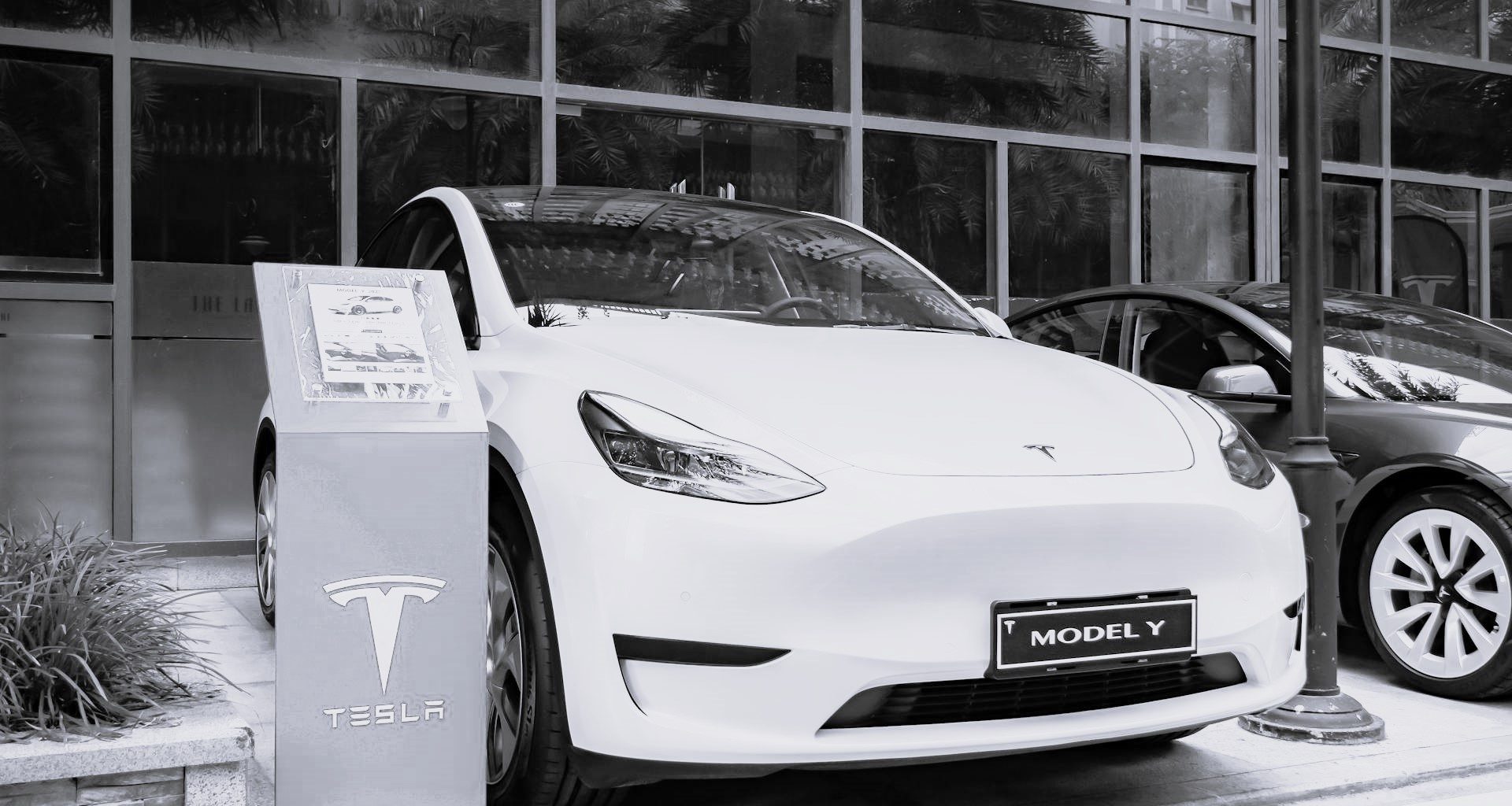The automotive industry is heading towards revolution, driven by the technological developments taking place in this sector. This can be seen from the emergence of artificial intelligence (AI) to the rapid prominence of electric power. Electric Vehicles (EVs) have been rising in popularity in recent years and will surely continue this trend in 2024 and beyond. The future of transportation is autonomous beyond doubt, self-driving cars have the potential to revolutionize transport mobility by reducing road fatalities, improving traffic congestion and increasing transportation accessibility. Currently, global key markets like Europe, the US, and China are changing to electric vehicles, citing a set of dynamics that is defining the future of transportation in the world. In this article, we’ll explore key innovations in the field of EVs, including Battery Technology, Autonomous driving, induction charging and how these vehicles are gradually changing the world of transportation.
Key Innovations
Breakthroughs in Battery Technology
New developments in battery technology, specifically the new Lithium Iron Phosphate (LFP) batteries, are revolutionizing what electric cars are capable of. LFP batteries are gaining dominance because of the reduced manufacturing costs and the scarcity of cobalt, which is a key component of lithium-ion batteries. This shift also helps EV firms reduce prices and come up with more competitive strategies that suit the mass market.
AI for Autonomous Driving

Autonomous vehicles also known as Self-driving cars, are already part of our society and as the technology brandishes on AI, these vehicles are getting better and more widespread. These vehicles have the potential to enhance the safety of roads and increase efficiency in transportation. The automotive industry is leading with this transformative change, with advancements in autonomous driving technology which are expected to revolutionize the driving experience.
Sustainable Manufacturing Processes
The automotive industry is already seeking environmentally friendly solutions, these include hydrogen fuel cell vehicles, biofuels, cost effective EV batteries, which will make electric vehicles affordable to the general populace. The change towards sustainable transportation systems is illustrated by the increased popularity and innovation of electric vehicles and the enlargement of charging infrastructure.
Induction Charging

Wireless charging technology for electric cars is based on the use of polyphase electromagnetic coupling coils with rotating magnetic fields. This system enables energy to be transferred from the grid to the car’s battery without the need for physical cables. The coils are designed to be compact, guaranteeing higher magnetic density and energy transfer power of up to 100 kW with 96% efficiency.
Operation is very simple: once positioned on the inductive plate, the vehicle equipped with an inductive receiver receives energy via the magnetic field generated by the charging coil. This process takes place quickly and safely, enabling efficient recharging without the need for physical connections.
Impact on Society
The impact of these innovations on society is expected to be profound:
Electric vehicles provide less emissions, lower cost of operations, and less noise, providing a sustainable and eco-friendly difference to traditional ICE.
Self-driving cars are expected to revolutionize daily commutes, lifestyle and the environment by enhancing road safety and reducing traffic congestion.
Case Studies
Tesla
Tesla, who has been at the forefront of the electric vehicle market Industry, declared its decision to use LFP batteries for its standard range vehicles and plans to use these batteries in its future semi-trucks and buses. This marks an important change in the Electric Vehicle industry and shows Tesla’s dedication to sustainable transportation.
Waymo
Alphabet Inc.’s Waymo is currently one of the main developers of self-driving vehicle technology. The company has also been conducting thorough testing and trials of its self-driving cars to demonstrate how autonomous vehicles could transform movement and boost transport efficiency.
Rivian
Rivian can also be regarded as a major developer in electric and autonomous vehicles. The company has received quite a lot of attention recently for its innovative electric trucks and has been investing a lot in the development of efficient sustainable means of transport.
Challenges and Future Outlook
While these innovations look promising, there are a couple of hurdles that are yet to be overcome within these innovations’ frameworks. Among the issues that have to be further discussed to realize the full potential of electronics and autonomous vehicles are associated with regulatory hurdles, safety, and infrastructure needs. Unsuccessful programs and the high cost of technology have always been the major barriers to electric and autonomous vehicles, but with the advancement of technology, these vehicles are rather promising. Looking ahead, the automotive industry will continue to create more innovations as well as impact how we drive in the years to come.
Image Source: pexels.com











